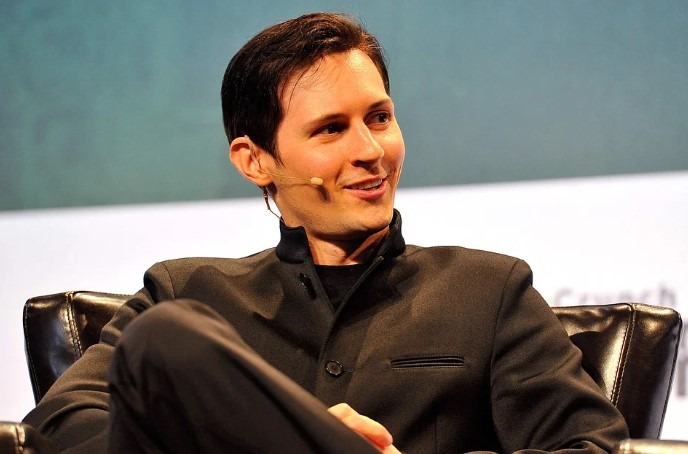
Pavel Durov, the founder and CEO of Telegram, was taken into custody on Saturday evening at Le Bourget airport in France, following his arrival via private jet, according to a report by the French television network TF1.
The arrest has ignited extensive discussions and speculation across social media platforms, including Telegram itself. However, much of the news coverage relies heavily on information from unnamed police sources. In an official statement, Telegram expressed hope for a swift and satisfactory resolution to the incident.
Attempts to obtain a comment from a representative of France’s national anti-fraud office, ONAF, were unsuccessful, as the office declined to provide a statement. The Russian embassy in France reported that it had requested clarification from French authorities but had not yet received any response.
TF1’s report suggests that Durov’s arrest stems from a warrant issued in France, based on an ongoing preliminary police investigation. The French authorities are said to accuse Telegram of inadequate content moderation and a lack of cooperation with law enforcement, which they claim implicates Durov in illegal activities such as drug trafficking, money laundering, and the distribution of child pornography allegedly facilitated through the platform. 
This development is likely to further fuel the ongoing debate over the responsibilities of messaging app providers in policing the content shared by their users.
In response, Telegram issued a statement affirming its compliance with European Union laws, including the Digital Services Act. The company emphasized that its content moderation practices meet industry standards and are continually being refined. Telegram also strongly rejected the notion that a platform or its owner could be held responsible for the misuse of the platform by its users, calling such claims “absurd.”
https://x.com/telegram/status/1827787345367834772
Forbes estimates Pavel Durov’s net worth to be around $15.5 billion. Although he was born in Russia, Durov made the decision to leave his home country in 2014 after facing significant pressure from the Russian government.



